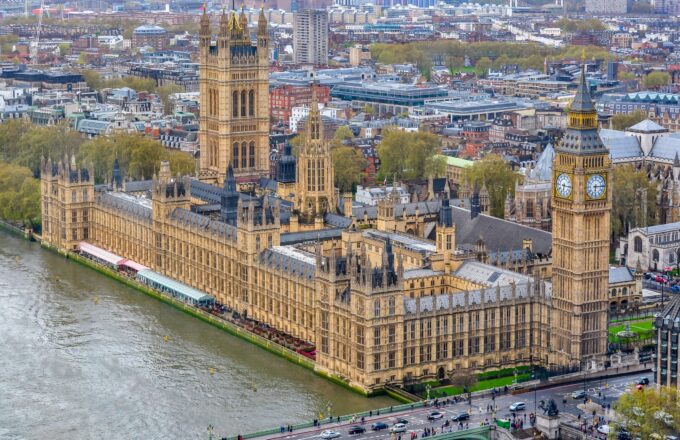The battle over Suffolk electricity hubs

Actor Ralph Fiennes joins fight to block onshore development
National Grid wants to build two onshore electricity hubs in the region of Aldeburgh and Southwold, plus a 112 mile (180km) transmission line between Norwich and Tilbury in Essex. The Suffolk Energy Action Solutions (SEAS) group says it should be offshore, with landfall in Essex. The protesters are being supported by locally-born actor Ralph Fiennes, who has made a film for them.
It’s classic conflict, of a type which inevitably dogs virtually every large energy infrastructure project in the UK. And there are no right answers to the problem.
SEAS claims the offshore option would be cheaper. National Grid disagrees.
National Grid says the project “is a critical part of how the UK can lower energy bills, combat climate change and reach net zero”. SEAS argues that that the inland hubs “would destroy many areas of heathland and habitat, coastline and wetland irreversibly”. And so it goes. One can only wonder how this impasse can be resolved, and when.
Over in Cornwall, plans to build a 205 acre (83 hectare) solar farm scraped through the local council by a single vote, in the face of strong objections to the loss of agricultural land. Perhaps the vote was influenced by the developer’s promise to build a community orchard, new footpaths, an outdoor classroom and car park with EV charging points.
Meanwhile a Leicestershire district council has approved the 500MW/1GWh Normanton Energy Reserve battery storage facility – one of the largest so far in the UK. Part of the package is a £4 million investment in new community facilities and projects, over 40 years.
For new infrastructure projects to go ahead quickly, it seems an essential part of the process is not just commissioning environmental impact reports. It’s also listening to local concerns and giving tangible benefits back to the communities involved.
Learn more

- Industry News
New energy minister faces challenging six months

- Industry News
India and Denmark renew partnership as renewables transition accelerates

- Industry News
Shell chief looks beyond oil and gas – to electricity and more

- Article
- Industry News